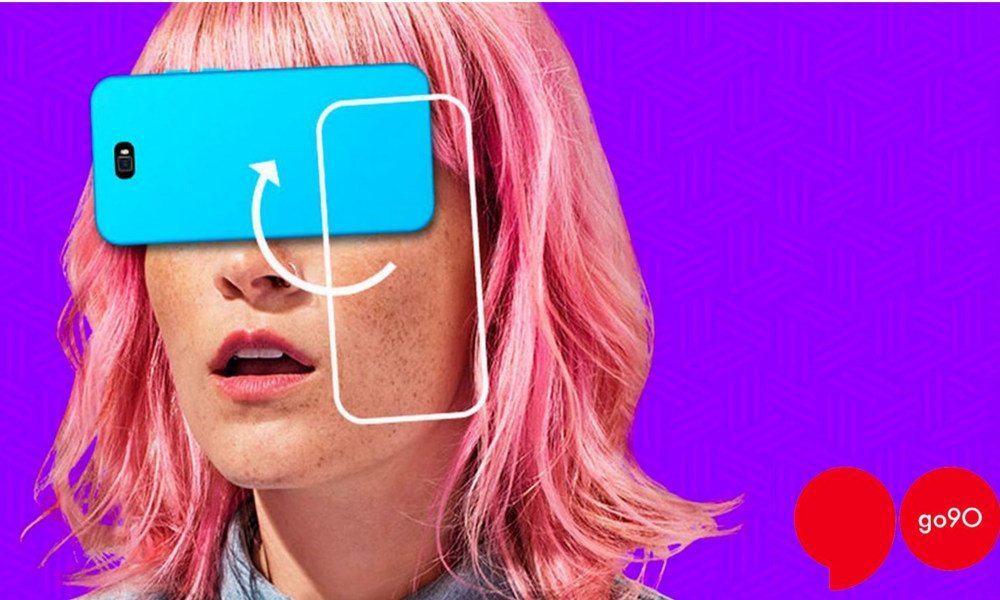FCC Blasts AT&T and Verizon for Controversial ‘Zero Rating’ Policies

Toggle Dark Mode
The Federal Communications Commission sent missives to AT&T and Verizon yesterday criticizing their sponsored data plans as threats to net neutrality.
At issue is a practice known as zero rating, in which wireless service carriers allow customers to use certain services and consume data without it contributing to their monthly data allotment. While zero-rating isn’t banned by the FCC, the agency is arguing that the telecom giants are using the plans in a way that threatens net neutrality.
Verizon has unveiled a “FreeBee Data 360” plan that allows content providers to buy data in bulk from the company, allowing Verizon subscribers to, for example, view their videos without using up their data caps. The problem is that Verizon’s own mobile video service, Go90 participates in the plan as well.
What this means is that Verizon essentially pays itself to offer Go90 to consumers on a zero-rated basis, while other non-Verizon services have to fork over cash to Verizon to partake in the FreeBee Data 360 plan, putting them at a competitive disadvantage. Unaffiliated providers that don’t sign up for the plan are worse off because subscribers have to pay for data to use their services. As the FCC puts it, in either case, non-Verizon providers “confront significant disadvantages when trying to compete with Verizon”.
AT&T, which owns DirecTV and Time Warner, similarly offers a sponsored data plan that “strongly favors AT&T’s own video offerings”, according to Jon Wilkins, chief of the FCC’s Wireless Telecommunications Bureau. He notes that under the plan, non-AT&T providers would be hard-pressed to offer competitive pricing compared to DirecTV Now service, because AT&T doesn’t actually incur any costs to zero-rate its mobile video service.
He concludes “these practices inhibit competition, harm consumers, and interfere with the ‘virtuous cycle’ needed to assure the continuing benefits of the open internet”.






